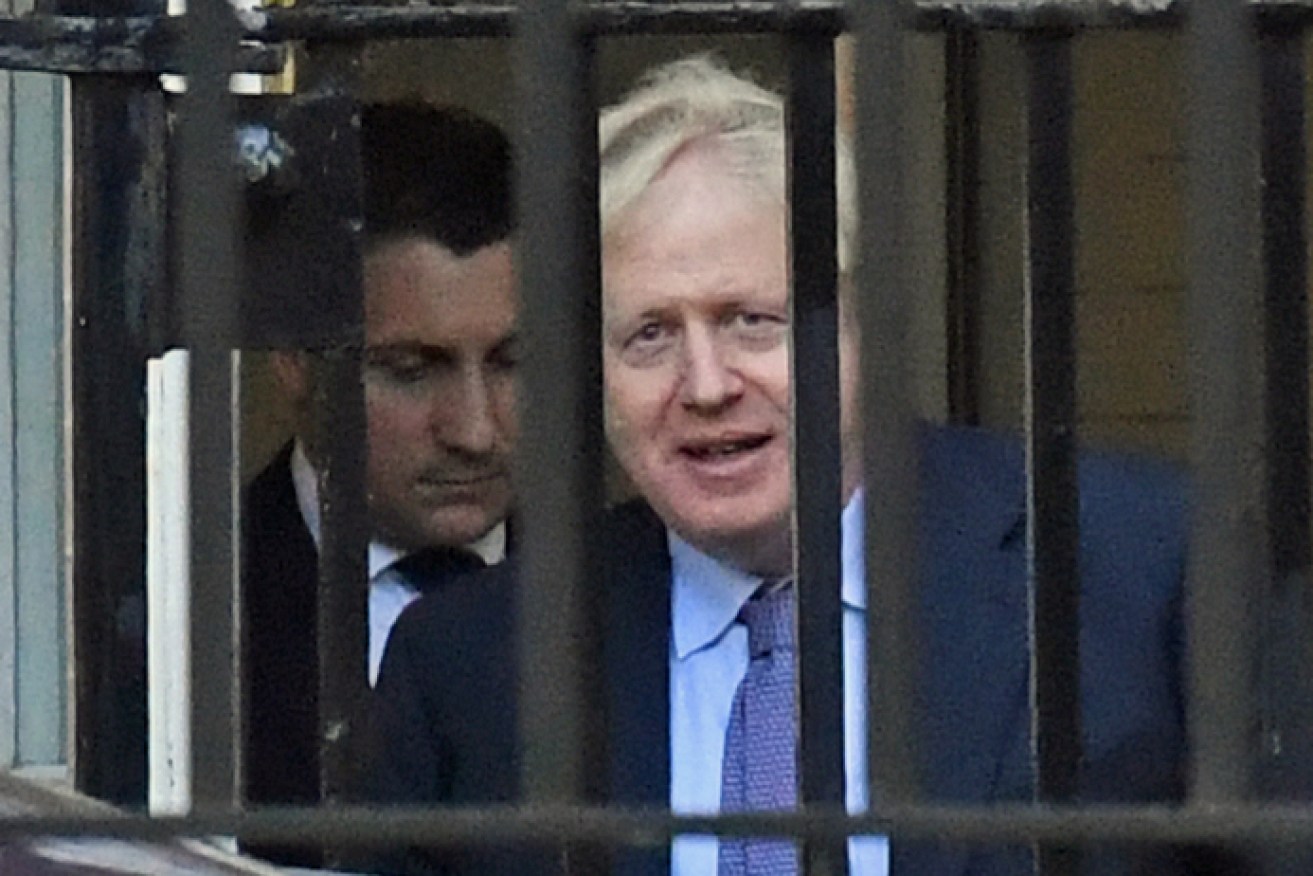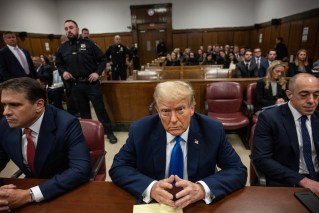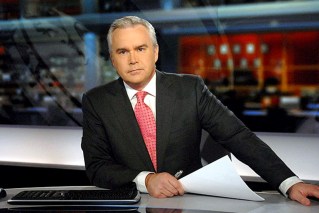Boris Johnson proclaims ‘great’ Brexit deal, but DUP dampens prospects of success

Boris Johnson prepares to leave Downing Street on his way to the European Council Summit on Thursday. Photo: Kirsty O'Connor/PA
Britain has secured a Brexit deal with the European Union, more than three years after Britons voted to leave the bloc, but Prime Minister Boris Johnson must still win a knife-edge vote in parliament to get the agreement approved.
The deal on Thursday comes after years of divisive and frequently acrimonious discussions with the EU, including successive days of late-night talks this week.
“Where there is a will there is a deal – we have one!” European Commission President Jean-Claude Juncker said in a tweet a few hours before the start of an EU summit in Brussels.
At a news conference with Mr Johnson, Mr Juncker said the deal meant there would be no need for a further delay to Britain’s departure and negotiations on the future relationship between Britain and the EU would begin as soon as the deal was approved by the UK and European parliaments.
“Now is the moment for us to get Brexit done and then together to work on building our future partnership, which I think can be incredibly positive both for the UK and for the EU,” Mr Johnson said, praising both Mr Juncker and the EU’s chief negotiator, Michel Barnier, for their efforts.
“I hope very much … that my fellow MPs in Westminster do now come together to get Brexit done, to get this excellent deal over the line and to deliver Brexit without any more delay.”
Mr Juncker said he would recommend that leaders of the other 27 member states approve the deal.
“There must be no prolongation — it has to happen now,” he said of the deal, ruling out any extension of talks.
Before EU leaders sat down for their summit, Mr Johnson went around the table shaking hands with them one by one. He also spoke briefly with Ms Merkel and Mr Macron, with all three laughing and smiling
Mr Johnson must now secure approval for the agreement in an extraordinary session of parliament on Saturday, which would pave the way for an orderly departure on October 31. But getting the votes is uncertain.
The Northern Irish party that Mr Johnson needs to help ratify any agreement, the Democratic Unionist Party (DUP), has refused to support it, saying it is not in Northern Ireland’s interests.
The head of the main opposition Labour Party, Jeremy Corbyn, said he was “unhappy” with the agreement and would vote against it. Labour has said it wants any deal to be subject to a public vote, but as yet has not indicated whether it will back any move for a second referendum on Saturday.
Mr Johnson appears intent on presenting parliament with a stark choice — the deal he has struck or no deal — in the hope of securing enough votes to get approval, sources said.
He has said he will not ask for a delay – even though parliament has passed a law to oblige him to do so if it has not finalised a deal by Saturday.
Negotiators worked frantically this week to agree a compromise on the question of the border between EU member Ireland and the British province of Northern Ireland, the most difficult part of Brexit.
The conundrum was how to prevent the frontier becoming a backdoor into the EU’s single market without erecting checkpoints that could undermine the 1998 Good Friday Agreement, which ended decades of conflict in the province.
The agreement reached will keep Northern Ireland in the UK customs area but tariffs will apply on goods crossing from mainland Britain to Northern Ireland if they are headed to Ireland and into the bloc’s single market.
The agreement scraps the “backstop”, a mechanism envisaged earlier that was designed to prevent a hard border being introduced on the island of Ireland, and would have bound Britain to some EU rules.
However, the DUP, which supports Mr Johnson’s government, said the new text was not acceptable – a step that could spur hardline Brexiteers in his Conservative party also to oppose ratification.
“These proposals are not, in our view, beneficial to the economic wellbeing of Northern Ireland,” the party said, warning that a parliamentary vote on Saturday was just the first stage in approving the deal.
Mr Johnson tweeted on Thursday he had secured “a great new deal that takes back control”.
We’ve got a great new deal that takes back control — now Parliament should get Brexit done on Saturday so we can move on to other priorities like the cost of living, the NHS, violent crime and our environment #GetBrexitDone #TakeBackControl
— Boris Johnson (@BorisJohnson) October 17, 2019
But the Democratic Unionist Party (DUP), which supports Mr Johnson’s government, said the text was not acceptable – a step that could spur hardline Brexiteers in his own Conservative party also to oppose ratification unless he secures additional changes.
“As things stand, we could not support what is being suggested on customs and consent issues, and there is a lack of clarity on VAT (value-added tax),” DUP leader Arlene Foster and deputy leader Nigel Dodds said in a statement on Thursday.
“We will continue to work with the government to try and get a sensible deal that works for Northern Ireland and protects the economic and constitutional integrity of the United Kingdom.”
Key section on the new protocol on the consent mechanisms in the draft Brexit deal. There is no DUP veto possible within the first eight years of the new arrangements taking affect. pic.twitter.com/m1cBlfDClh
— Mehreen Khan (@MehreenKhn) October 17, 2019
🇪🇺🤝🇬🇧 Where there is a will, there is a #deal – we have one! It’s a fair and balanced agreement for the EU and the UK and it is testament to our commitment to find solutions. I recommend that #EUCO endorses this deal. pic.twitter.com/7AfKyCZ6k9
— Jean-Claude Juncker (@JunckerEU) October 17, 2019
Mr Johnson, who was the face of the campaign to leave the EU in Britain’s 2016 referendum, has repeatedly said he will not ask for a delay, even though parliament has passed a law to oblige him to do just that if it has not agreed and ratified a deal by Saturday.
Mr Johnson has no majority in parliament and in practice needs 320 votes to get a deal ratified in what will be the first Saturday session since the Argentine invasion of the Falklands in 1982.
The DUP has 10 votes.
-AAP








